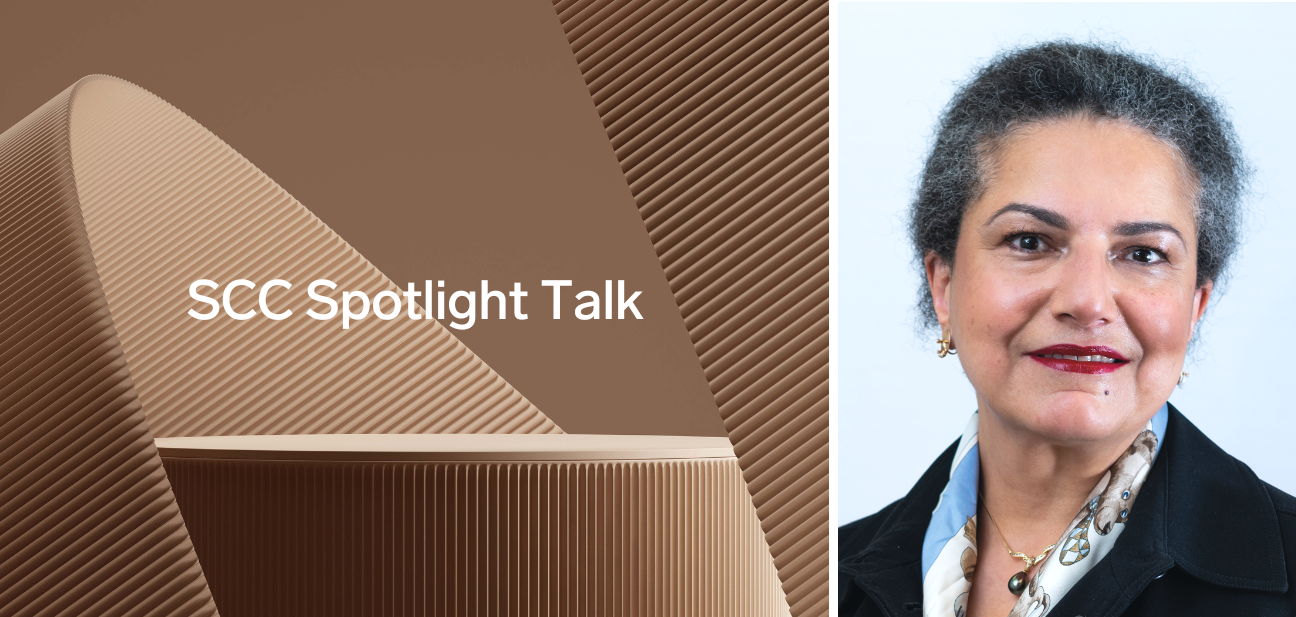The need for quick dispute resolution in infrastructure projects
There are many factors in an infrastructure project that makes them vulnerable to disputes. As part of the interview series – the SCC Spotlight Talk - we asked Aisha Nadar, senior consultant specialised in infrastructure procurement and dispute management at Advokatfirman Runeland, to share some insights on dispute resolution in these types of projects.
Published 2023-02-01

We all know that there often is a need for quick dispute resolution methods in infrastructure projects. Would you say these needs are being met?
One of the earliest examples of ‘quick’ resolution of disputes was the architect/engineer’s traditional role as the professional decider of disputes between the parties. However, the fact that the architect/engineer was traditionally paid by the employer led to concerns of lack of independence or biases. As a result, most standard form construction contracts include an independent third party, such as a dispute board (DB). Even though DBs have proven effective in providing real-time resolution to some construction disputes, they should not be viewed as an alternative to arbitration. They are generally included as a step in a multi-tiered dispute resolution clause, with arbitration being the final step.
One usually talks about standing and ad hoc boards. What is the difference?
A standing board is established at the time of the execution of the construction agreement between the parties. An ad hoc board is established only after a dispute has arisen. A further distinction is between Dispute Adjudication Boards (DABs), which provide the parties with contractually enforceable decisions and Dispute Review Boards (DRBs), which provide the parties with non-binding recommendations.
So, what would you say the pros and cons are of dispute boards?
The main advantage of using DBs is that they may avoid and resolve disputes in a fast and inexpensive manner. DBs can serve as ‘insurance’ against drawn out litigation or arbitration, so to speak, but to my mind, the main advantage of DBs is the possibility of preventing issues from escalating into disputes.
However, it is only a standing board that can help parties avoid disputes, being available from the outset and living with the project. Unlike other alternative dispute resolution methods, which commence after a dispute has arisen, a Standing DB is appointed at the beginning of a long-term project. It can help the parties overcome disagreements that arise during the implementation of the contract and assist them in resolving their differences at an early stage – keeping the focus on successful project deployment.
Can the SCC Express be used in these projects, and if so, how?
Like dispute boards, SCC Express provides the parties with an opportunity to obtain the evaluation of the dispute by a third-party neutral. This early evaluation, which is non-binding unless the parties choose otherwise, if employed with the right context, can help parties maintain a commercially minded focus and realign their expectations with the contractual realities. And hopefully, in the end, find the best way forward.
In the interview series The SCC spotlight talk, SCC meet practitioners to discuss current issues, challenges and opportunities in commercial dispute resolution of today.